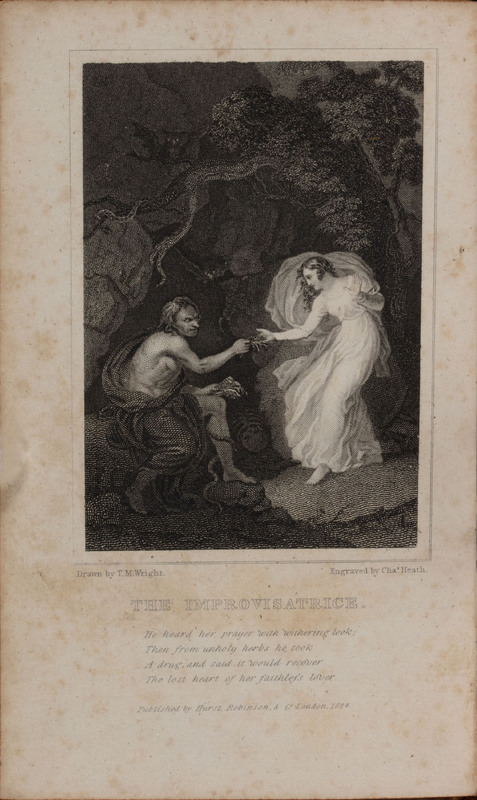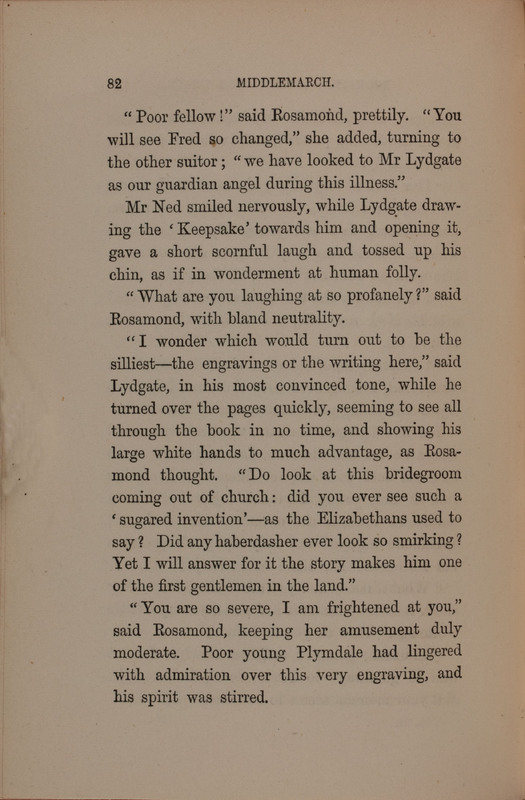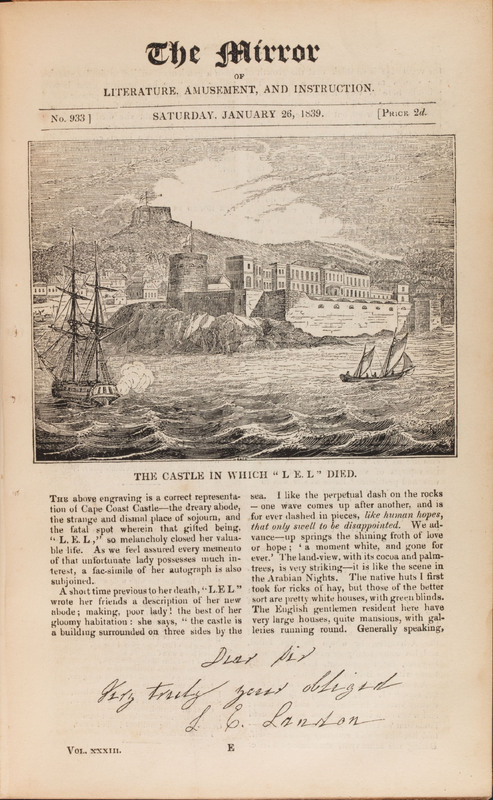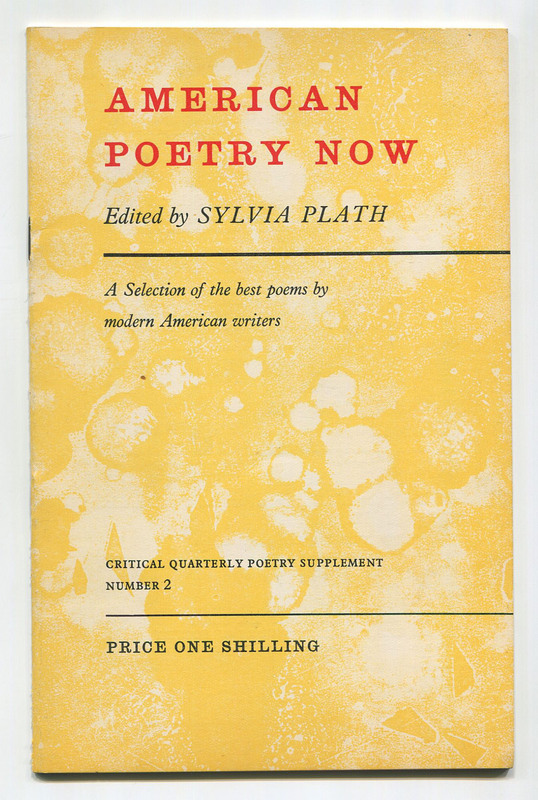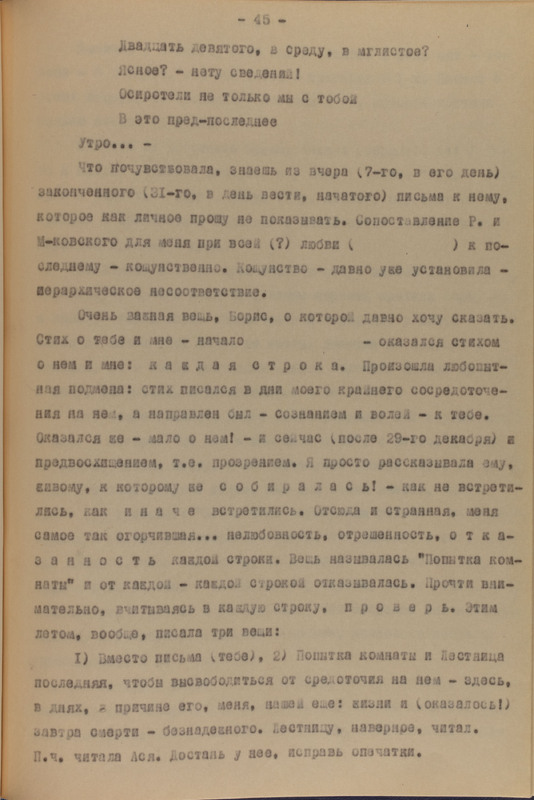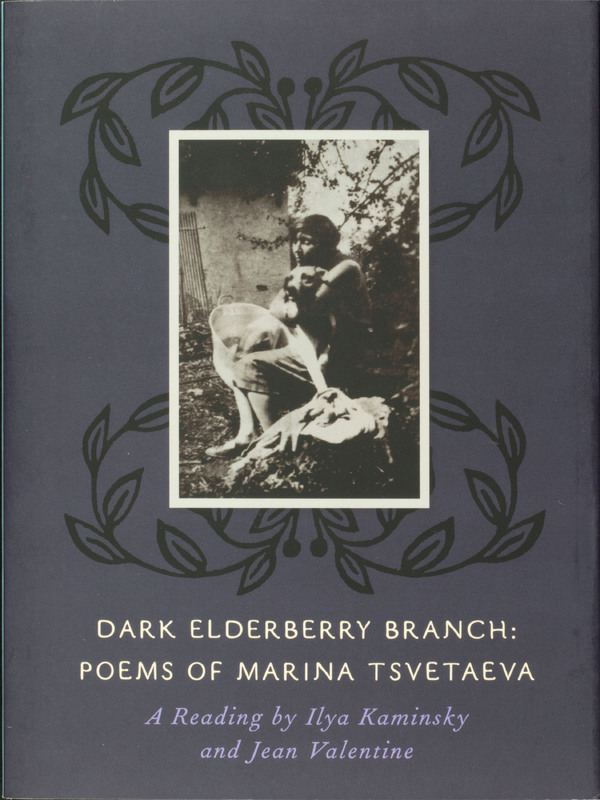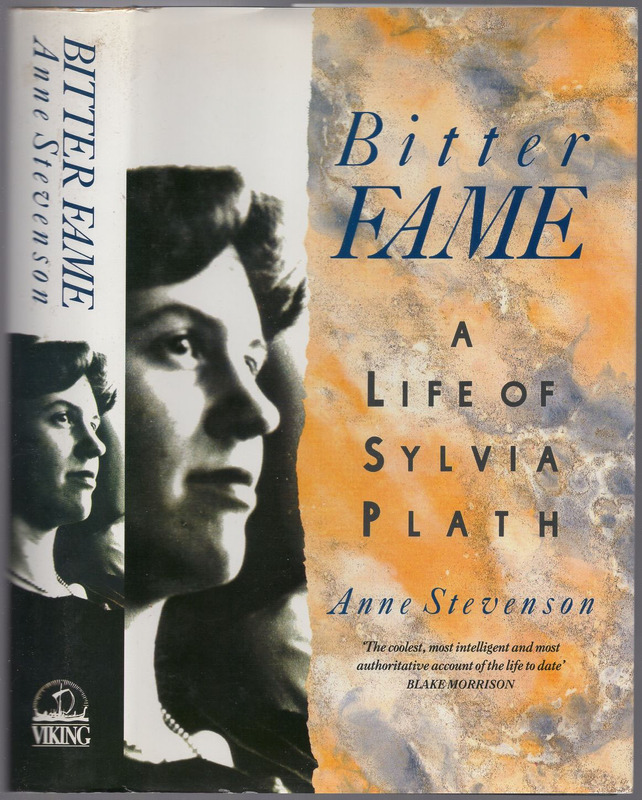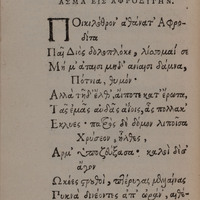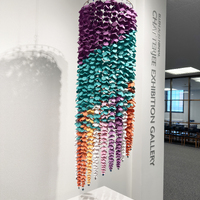Exhibit Contents
- Sweetbitter Sappho's Literary Legacies and Afterlives
- Z. Ὁ κύκλος τῶν Χαμένων Ποιητῶν , ‘The Circle of Lost Poets

The woman is perfected.
Her dead
Body wears the smile of accomplishment,
The illusion of a Greek necessity
Flows in the scrolls of her toga,
Her bare
Feet seem to be saying:
We have come so far, it is over.
from “Edge” by Sylvia Plath
The stories we tell about writers and writing becomes a part of canon (and a literal sort of canonization) itself. The stories of Sappho that get repeated create a prototype of a particular kind of woman poet: one who infuses her emotions into the glorious verse she creates and then destroys herself in the process. We also see a similar critical dismissal of women’s poetry and the topics of love, marriage, children and family since the male poet Pindar (c. 518 BCE-438 BCE) argued that poetry exists to praise great men and great deeds, often military ones, and thus creates a “universal experience” designed to eliminate the perspectives of half the population.
The poets shown here — England's Letitia Elizabeth Landon, or “L.E.L.” (1802-1838), Russia’s Marina Tsvetaeva (1892-1941), and America’s Sylvia Plath (1932-1963) — share complicated and dramatic legacies. They were all women who were vilified during their lives and after as being “too much”, who led tempestuous lives that ended in tragedy, and whose works have suffered from casual dismissal yet are being recovered and celebrated again today.
We can only reflect: What is messier? Poetic lives in the immediate years, or in the hearsay millennia after?
